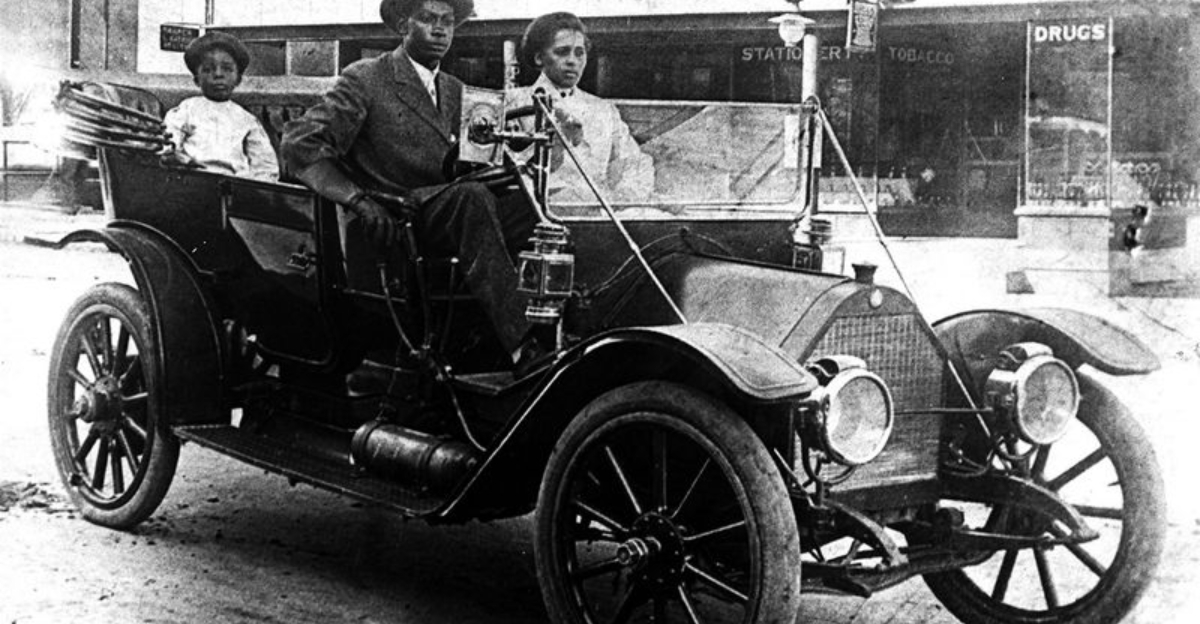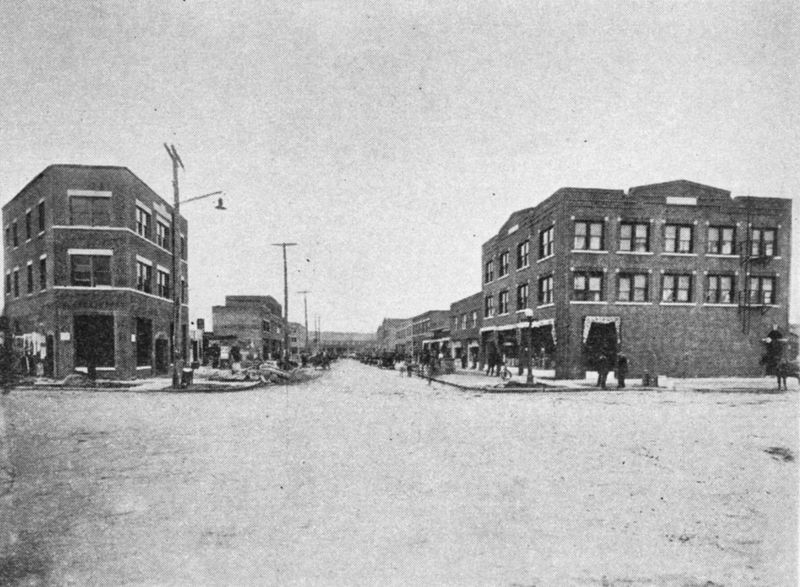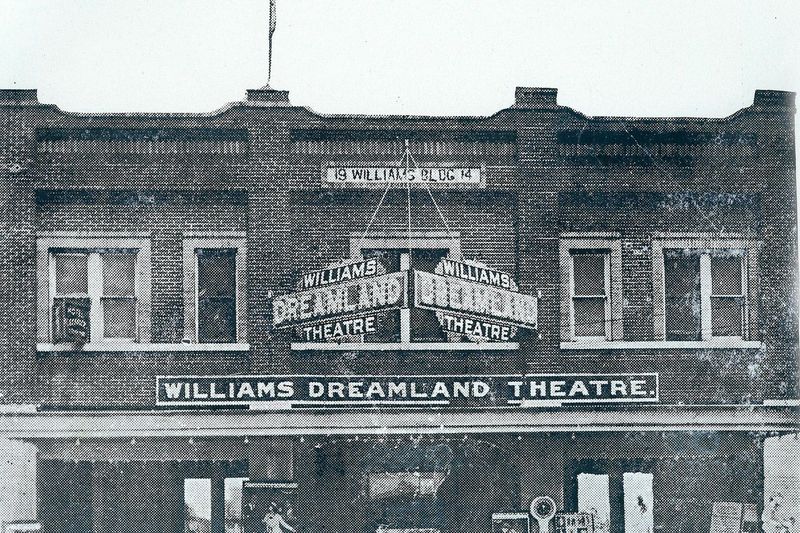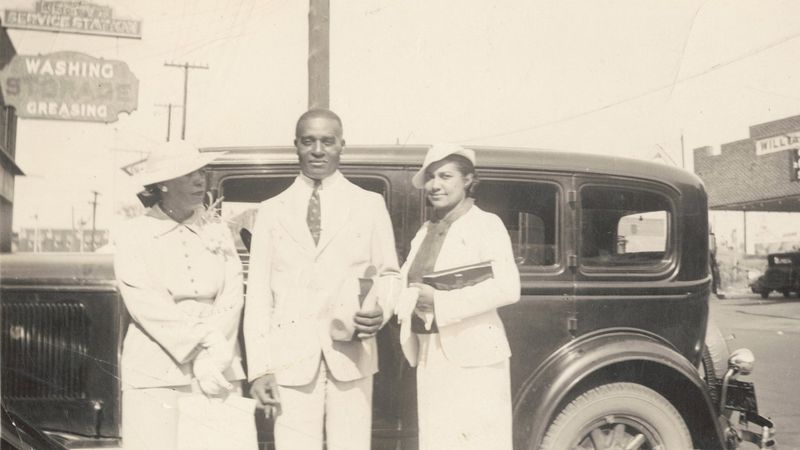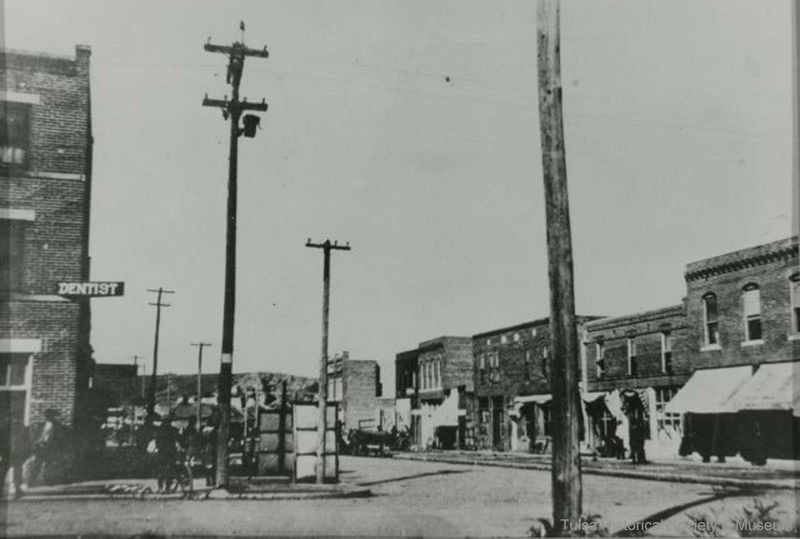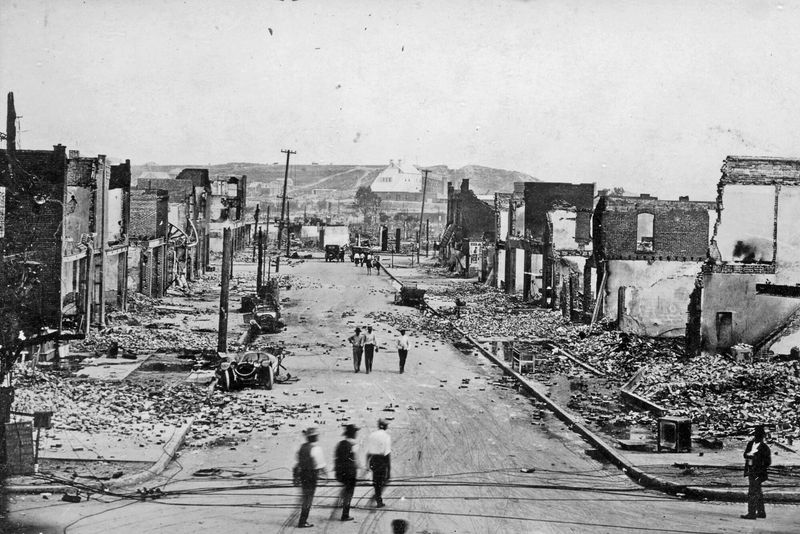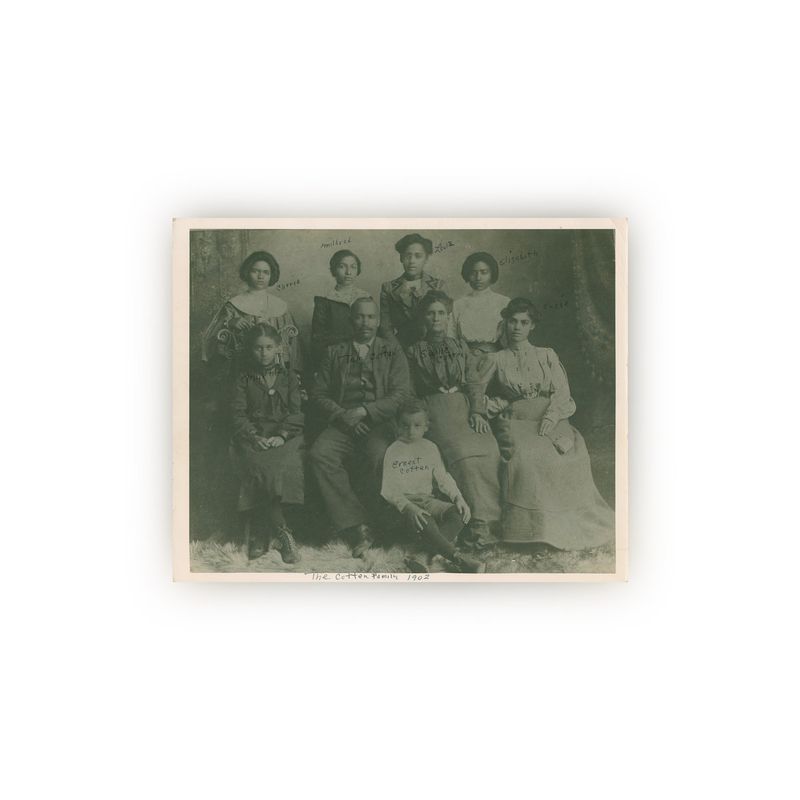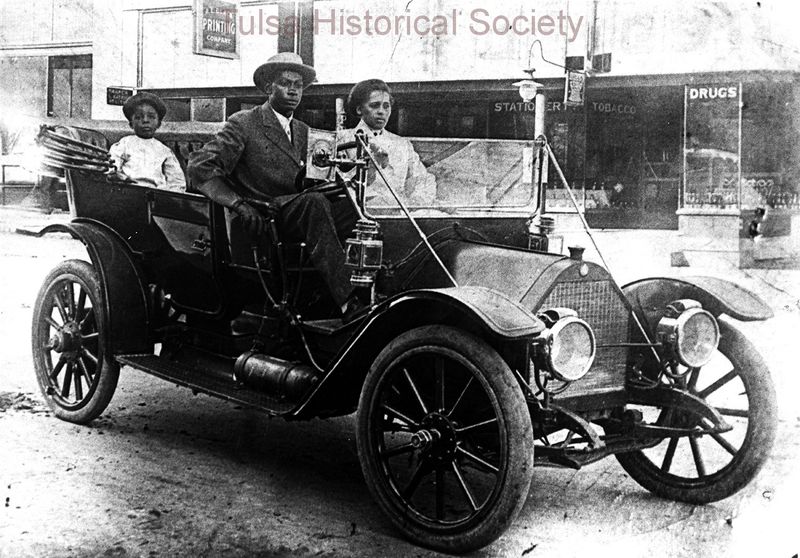Loula Williams was a pioneering entrepreneur in Tulsa’s Greenwood District, known as “Black Wall Street.” In 1914, she and her husband, John Williams, established the Dreamland Theatre, a 750-seat venue that became a cultural hub for the African American community, showcasing films and live performances.
Beyond the theater, Loula operated a successful confectionery and a rooming house, further cementing her status as a leading business figure in Greenwood. Tragically, during the 1921 Tulsa Race Massacre, the Dreamland Theatre and many other Black-owned businesses were destroyed.
Despite these hardships, Loula’s resilience and contributions continue to symbolize the enduring spirit of Black entrepreneurship.
1. Prominent Businesswoman in Black Wall Street
Prominent Businesswoman in Black Wall Street
Loula Williams was an influential figure in Tulsa’s vibrant Greenwood District, a hub of Black prosperity. Her entrepreneurial spirit helped shape one of the most successful Black communities in America.
Williams managed several businesses, contributing to the economic growth and cultural richness of the area. Her efforts provided jobs and stimulated the local economy, showcasing her commitment to empowerment and community.
Through her ventures, she became a symbol of Black excellence and resilience, demonstrating the potential of Black enterprise during a time of segregation and racial tension.
2. Owned the Dreamland Theatre
Owned the Dreamland Theatre
Established by Loula and John Williams, the Dreamland Theatre was a cornerstone of Greenwood’s entertainment scene. It was renowned for its diverse programming, hosting films, live performances, and community events.
This venue not only entertained but also educated and uplifted the Black community, offering a space where culture and artistry thrived. The theatre was a place of joy, reflection, and unity.
Its presence underscored the importance of cultural spaces in fostering community identity, making it a beloved institution in Greenwood’s golden era.
3. More Than Just a Theater Owner
More Than Just a Theater Owner
Beyond her work with the Dreamland Theatre, Loula Williams was a versatile entrepreneur. She managed a confectionery and a rooming house, diversifying her business portfolio in Greenwood.
These ventures provided essential services to the community, enhancing the district’s reputation as a self-sufficient enclave. Williams’ businesses were more than profit-driven; they were pillars of support for the thriving Black population.
Her ability to juggle multiple enterprises highlighted her business acumen and commitment to community development, making her a formidable figure in Tulsa.
4. A Center for Community and Culture
A Center for Community and Culture
The Dreamland Theatre, under Loula’s leadership, became more than an entertainment venue—it was a cultural nexus. It provided a safe space for Black expression and activism, fostering a sense of belonging.
Events at Dreamland were not just shows; they were communal experiences, strengthening ties and cultural pride among attendees. Loula’s vision turned the theatre into a beacon of hope and resilience.
In a society marred by racial inequality, this space was revolutionary, nurturing the spirit and identity of Black Wall Street’s residents.
5. Destroyed in the Tulsa Race Massacre
Destroyed in the Tulsa Race Massacre
The tragic 1921 Tulsa Race Massacre devastated Greenwood, including the Dreamland Theatre. It was a catastrophic event that erased years of hard-won prosperity and dreams.
Loula’s businesses were among those lost, marking a significant blow to the community’s spirit and economy. Despite the destruction, the resilience of Greenwood’s residents remained strong.
This event highlighted the fragility of Black success in the face of racial violence, but also underscored the tenacity and courage of those who rebuilt their lives from the ashes.
6. Her Husband Was Targeted for His Success
Her Husband Was Targeted for His Success
John Williams, Loula’s husband, faced accusations during the Tulsa Race Massacre, largely due to his financial success. His accomplishments were seen as threats to the societal status quo.
This unjust targeting illustrated the challenges successful Black entrepreneurs faced, revealing deep-seated racial tensions. Despite these adversities, John and Loula’s legacy of success and community impact endured.
Their story is a testament to the struggles and triumphs of Black business owners, whose determination paved the way for future generations.
7. Her Legacy Lives On
Her Legacy Lives On
Although the Dreamland Theatre no longer stands, Loula Williams’ impact on Black Wall Street is enduring. Her entrepreneurial spirit and contributions continue to inspire.
She is remembered as a pioneer who championed Black business and culture during a pivotal era. Her legacy is celebrated through stories, memorials, and the ongoing success of Black entrepreneurs today.
Loula’s life reminds us of the power of perseverance and vision, leaving a lasting imprint on history and serving as a beacon of hope and progress.
